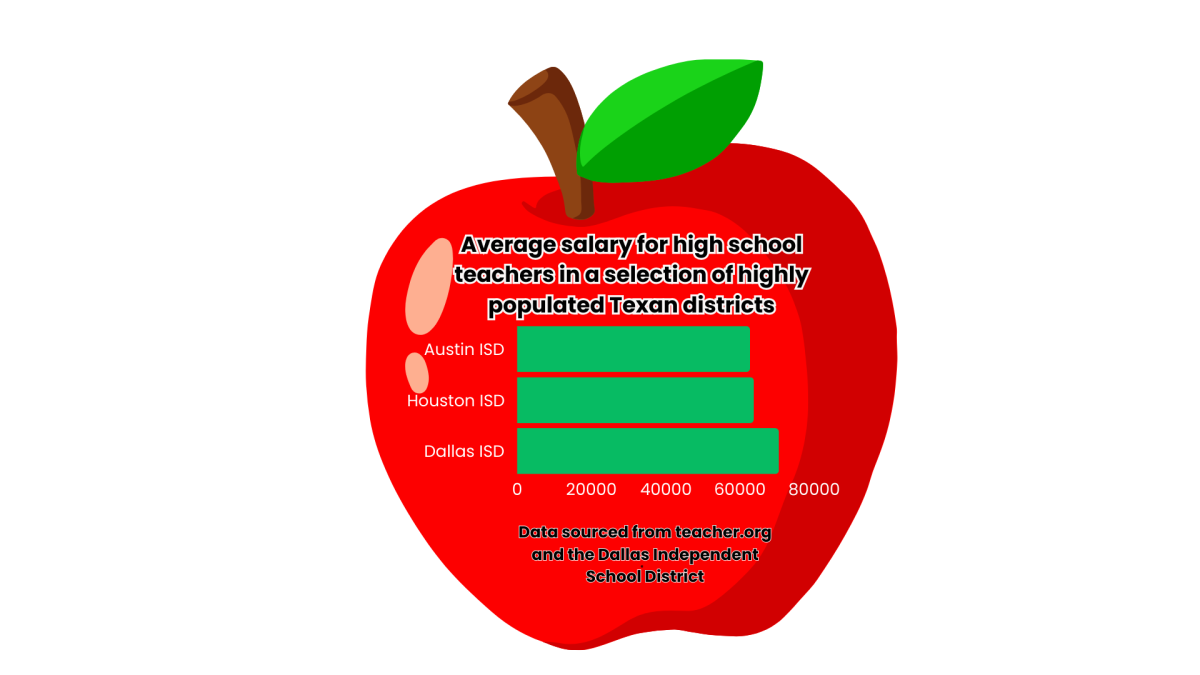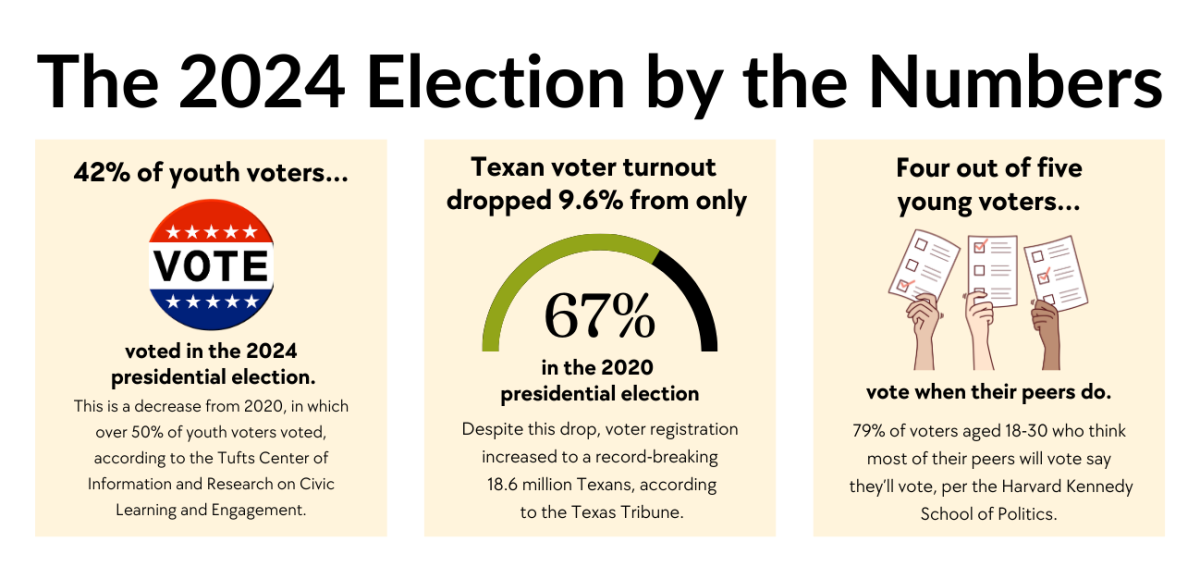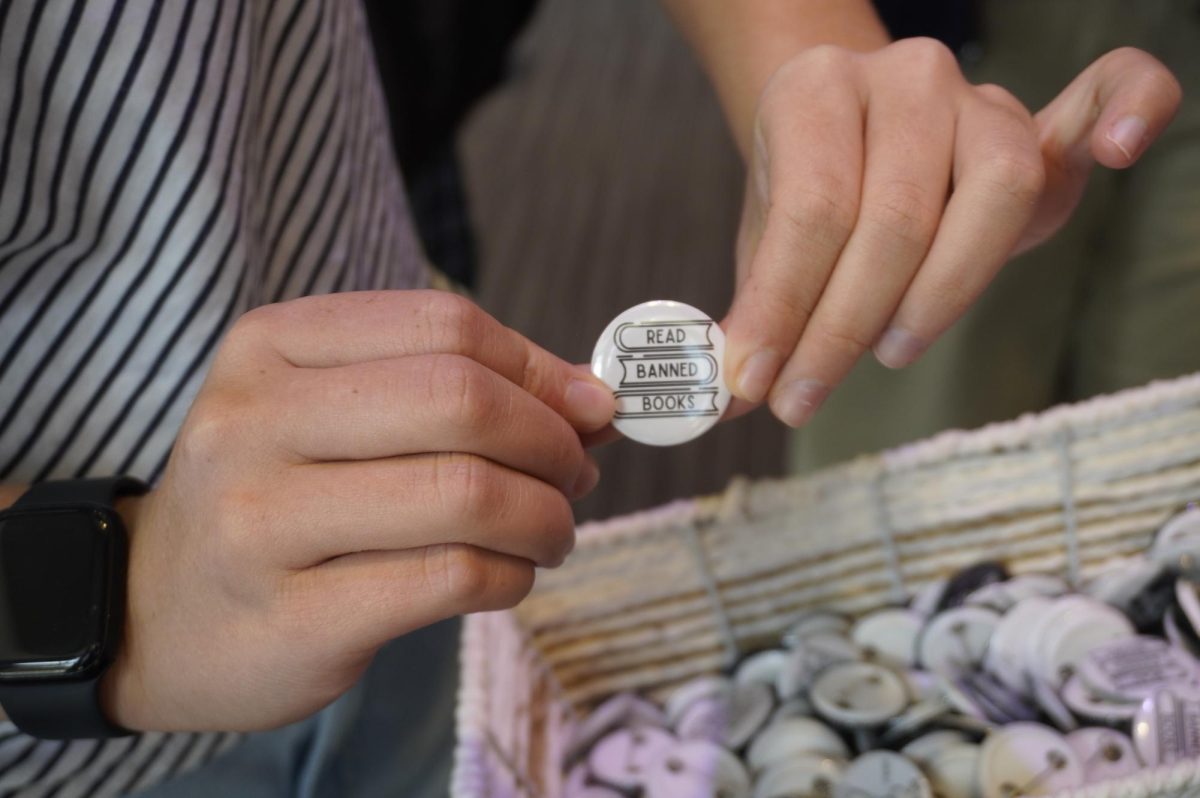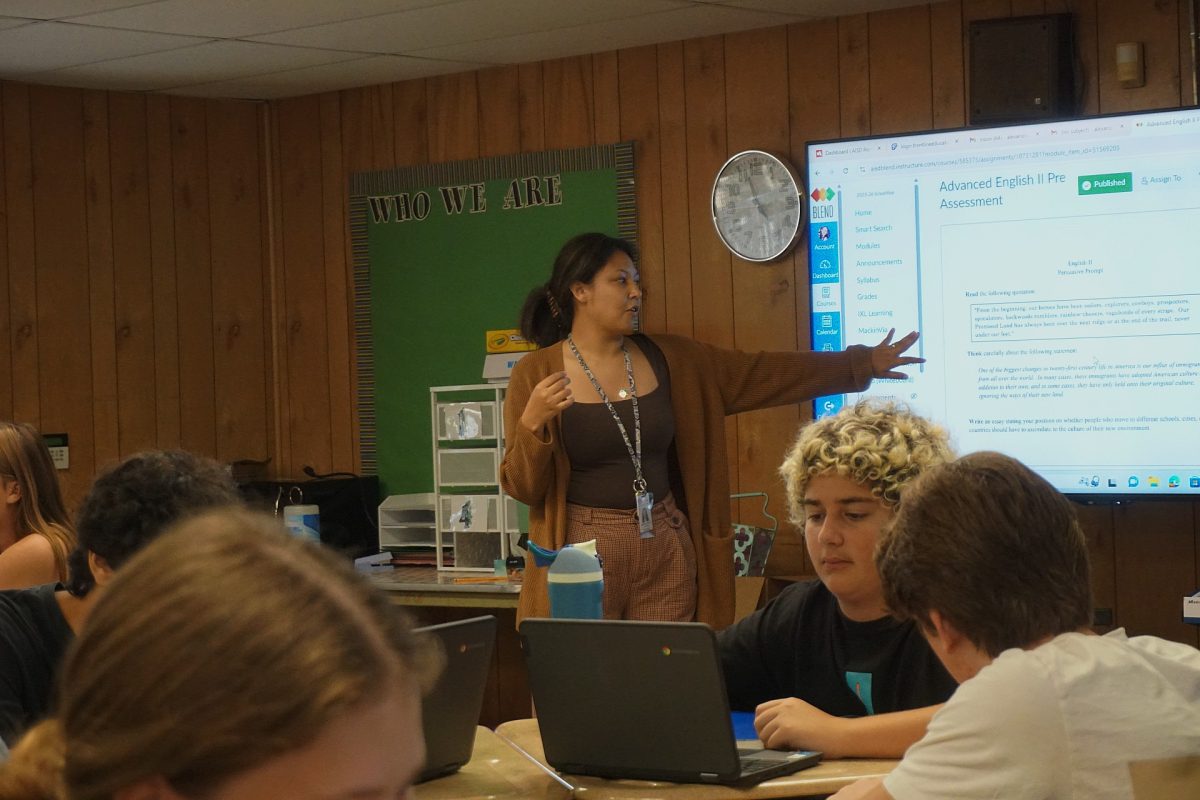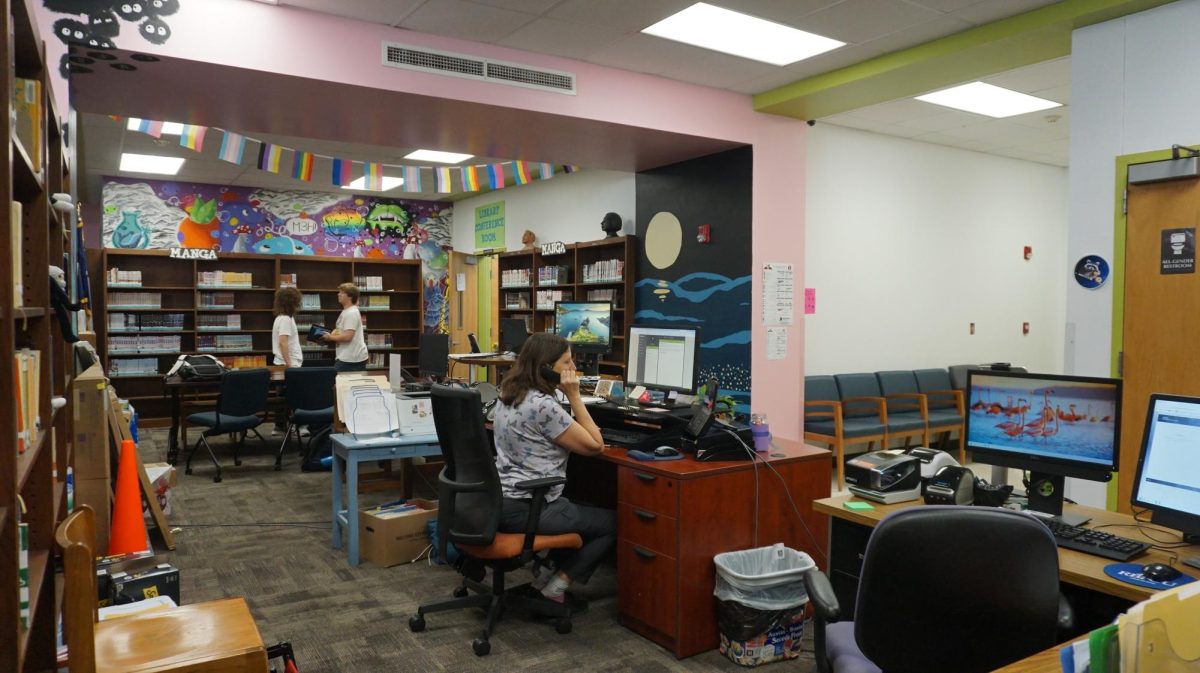On election day, 58% of Austin voters approved Proposition A. The bill is designed to address the Austin Independent School District’s budget crisis, increase teacher pay, increase student mental health supports and hire instructional aids, while retaining educational programs and personnel in AISD that are not required by the state, such as foreign language programs, school nurses and librarians. Prop A will maintain funding for McCallum’s Fine Arts Academy, which is not required by Texas law, as well as our 25 Advanced Placement or AP courses.
Prop A will raise property taxes in Austin by 9.1 cents of $100, or around $34 per month for homeowners with property valued at $553,000. The AISD budget will receive $41 million of the $171 million generated by the tax, and the remaining $130 million will go to other Texan school districts due to recapture, which has been the subject of controversy in recent years.
Recapture, otherwise known as the Robin Hood program, distributes revenue from property taxes in property-rich districts to less property-rich districts. Each district has a specific “entitlement”, and if they exceed that entitlement, the district collects the amount of property taxes proportional to what was collected (there’s usually about a 2% shortage in property taxes per district.) Opponents of recapture, specifically in AISD, criticize its usage because of AISD’s ongoing budget crisis. Prior to the election, the district had a budget deficit of $119 million, meaning that Proposition A could’ve singlehandedly resolved the budget deficit if not for recapture. Currently, the deficit stands at $92 million.
Furthermore, Proposition A’s grant of long-awaited salary increases addresses a critical weakness in AISD’s fiscal planning. AISD has fallen behind other urban Texan districts for years now in teacher pay across the board. New teacher pay stands at $53,030 in AISD in 2024-2025, while in Houston ISD, new teachers are paid $64,000, per KHOU and the Houston Chronicle.
Teachers are allotted salary increases based on years of experience, to the approval of Spanish 3 and 6 teacher and head boys basketball coach Daniel Fuentes. Fuentes has been teaching for 29 years overall and 27 in AISD. Teachers with 26-29 years of experience get a 5% raise, while teachers with 21-25 will receive a 7.3% raise, per CBS Austin.
Fuentes believes that the raises are absolutely essential for retaining AISD teachers. According to Fuentes, other districts have long outcompeted AISD salary-wise.
“The raise is long overdue. We’re behind when it comes to pay, even though they claim that now we’re competitive if you look at other districts,” he said. “Hays a couple of years ago gave a huge increase. We haven’t seen that in AISD. It just makes you wonder why it’s taking so long to get competitive wages.”
Nevertheless, Fuentes is concerned about the impact of recapture on the pay raise from a taxpayer’s perspective. The allocated budget has not been increased since 2019, meaning that teacher wages have not kept pace with inflation. In fact, post-Prop A, the AISD budget is still $4,000 below the national average, per the Austin Monitor.
“The thing about it is, yes, we’re getting this because of district property taxes, but we’re still sending a ton of money away because of the Robin Hood law- recapture,” Fuentes said.
“As a taxpayer, a lot of money is going outside the district, and it’s hard to know whether I should’ve voted for it or not.”
Tabitha Villarreal, girls’ basketball and cheer coach and chemistry teacher, who has taught at McCallum for the past two years, concurs with Fuentes. She maintains that there isn’t enough of a pay raise difference to distingush between newer and more experienced teachers.
“If we start to look at salaries it gets odd because there are teachers that have been here all this time who’ve gotten pay raises, but the pay scale from new teachers to veteran teachers hasn’t made that major a difference,” Villareal said. “It highlights the issue that teachers aren’t compensated fairly whatsoever.”
Villarreal expressed her disappointment at the comparatively meager amount of the raise. She believes that the rhetoric behind Prop A distracts from the reality of the pay raise.
“It’s nice getting a raise. When I looked at it it was maybe $5 per day, so $100 a month. It’s not that big of a difference,” she said. “It was a little bit misleading. It sounded like it was going to be a significant amount and it wasn’t.”
Overall, despite her disappointment, Villarreal was content with the raise and believes the majority of the faculty shares that sentiment.
“Everyone’s always for teachers getting a pay raise. Of course we want a raise,” she said.“I think everyone was glad that it was an option to have somewhat of a pay raise, even though it wasn’t that much of a big difference in the long term.”
Angie Seckar-Martinez, an AP Calculus teacher with 27 years in AISD and 29 overall, as well as a McCallum parent, has another priority: mental health services, which were on the ballot for Prop A in addition to teacher pay raises. However, Seckar-Martinez doubts that McCallum will actually get mental health support.
“The point is, why is everyone paying this if no one’s benefiting? It’s not just about my pocket. If the money actually goes to mental health services, then I’m in favor of it,” she said.
Overall, the McCallum faculty consensus over Prop A has been one of disillusionment. Though teacher pay raises bring a critical incentive to keep teachers in AISD after years of wage stagnation, uncertainty about the merits of Prop A, especially considering recapture, promised mental health services, and experience’s effect on wages, remains high among teachers. Regardless of the court of public opinion, $90 million remains to be slashed from AISD’s budget deficit, and the prospect of cuts to non-state mandated programs looms over the horizon. The perpetual presence of unfunded mandates, in conjunction with a 22% rise in inflation since 2019, have contributed to a district that remains deeply in debt.


